China
Half of Asia’s millionaires to come from China by 2015
Half of Asia’s millionaires to come from China by 2015
Julius Baer says the wealth of China’s millionaires will reach a whopping US$8.76 trillion four years from now.
China’s manufacturing PMI grows to 49.9 in August
HSBC says this is the first time it rose in three months.
Ongoing challenges hinder growth of foreign fund management firms in China
Regulatory constraints and limited distribution channels cause market share and assets under managementto remain stagnant.
Asia’s GDP growth to slow down to 6.9%
UBS says growth of small Asian economies will likely ease towards 3% next year.
Taiwan’s industrial production up by 2.4% in July
Domestic demand growth remains impressive with retail sales rising by 1.3%.
China beats the United States as the largest PC market in the world
PC shipments in China amounted to a whopping US$11.9b, beating those of the United States by US$200m.
China’s flash manufacturing PMI rises to 49.8% in August
HSBC says recent export growth was strong, with shipments expanding by 22% y-o-y in 2Q.
China’s outbound M&A deal activity up 14%
There has been no sign that the country’s interest in outbound M&A is waning as analysts expect more number of big deals in 2H2011.
Analyst warns Chinese banks on risk from rising local government debt
79% of China's local government debt were from bank loans, according to the National Audit Office.
Hong Kong’s restaurant receipts up 5.8% to $21.2bn
Total restaurant receipts increased by 1.7% and 0.4% in volume in April and June after discounting the effect of price changes.
Tightening bites: China’s Flash Manufacturing PMI drops to 48.9 in July
This is the first time flash PMI fell below 50 in a year.
China's strong GDP pushes metal prices higher
Zinc becomes the star performer, surging 13.3% in June.
Chinese consumers to become biggest luxury spenders by 2012
Luxury tax amounted to RMB1.2trn in 2010.
China more attractive than India for investors in transport infrastructure
EC Harris research found out that China emerged as the most attractive BRIC economy to invest in and most sought after place for airports investment.
China’s GDP growth forecast for 2011 falls to 8.7%
Credit Suisse says food and services inflation will rise.
China’s inflation shoots to 34-month high of 5.5% in May
This is due to the higher than expected food inflation which increased to 11.7%.
China to overtake US as biggest banking economy by 2023—PwC
Experts expect domestic banking assets to exceed US$30 trillion by 2030.
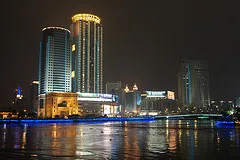
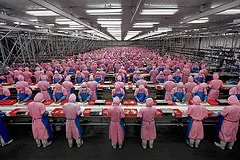
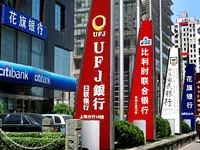
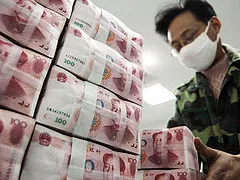


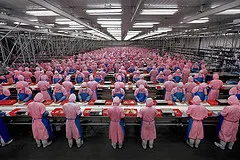

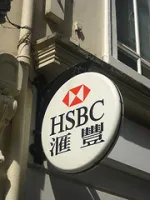
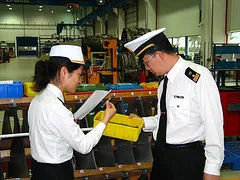
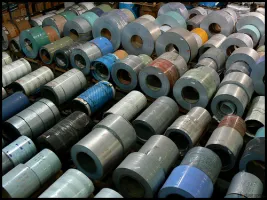


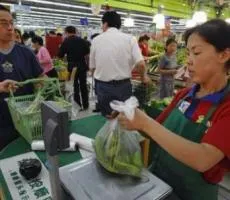
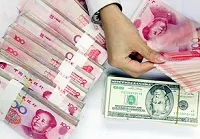
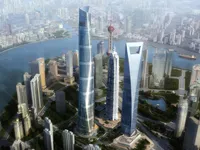
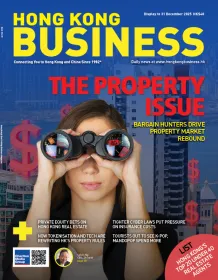
 Advertise
Advertise








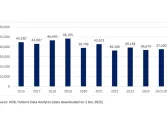





Commentary
Strategic location tips for playgroups and education centres